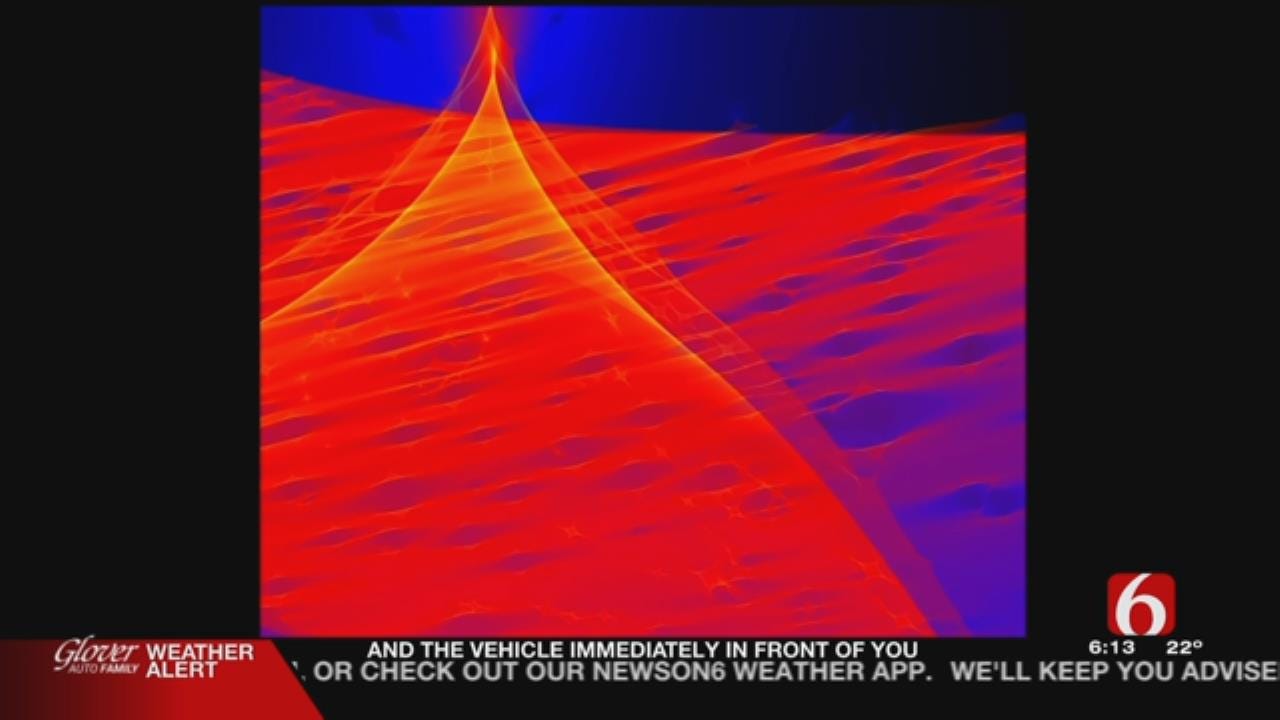OU Researchers Record Planets Outside Our Galaxy During Research
<p>A group of researchers at the University of Oklahoma made a universal discovery for science last week. For the first time in history, they caught a glimpse of planets outside of our Milky Way galaxy.</p>Saturday, February 10th 2018, 6:27 pm
A group of researchers at the University of Oklahoma made a universal discovery for science last week. For the first time in history, they caught a glimpse of planets outside of our Milky Way galaxy.
The discovery was made possible with the help of OU’s supercomputer, which is about 1,200 times more powerful than a standard desktop computer.
Postdoctoral astrophysics researcher Eduardo Guerras captured never-before-seen X-ray images alongside OU associate professor Xinyu Dai, who has been studying supermassive black holes called quasars for more than a decade.
Guerras says, “You’re looking for a result and the first time it appears on the screen, it’s like, 'oh, my God. I’m the first person in mankind to see this.'”
Last semester the researchers started using the university's supercomputer after detecting some strange wavelengths in their X-ray lens, while it was pointed at a quasar.
Supercomputer director Henry Neeman explains, “It could have been done on a desktop PC, but it would have taken many years to accomplish that way. By having a supercomputer available, it can be done in much less time.”
At 400 trillion calculations per second, the supercomputer helped to reveal tiny dots in front of the black hole, which Guerras and Dai say is a galaxy full of planets.
“These planets are free-floating planets,” says Dai. “They are not orbiting stars, but move between stars.”
Dai says there are potentially trillions of planets in that galaxy. There is no way to tell if any have life on them yet, since the system is four billion lightyears away, and no telescope can see that far.
However, the discovery could mark the beginning of a new kind of research.
Guerras says, “Those who are trying to prove it wrong, maybe they find something. That’s how science works, or maybe they just confirm the result.”
As for the supercomputer technology, it continues to grow exponentially, allowing for more discoveries like this across the globe. It is proving new possibilities for research are truly infinite.
More Like This
February 10th, 2018
January 2nd, 2025
September 29th, 2024
Top Headlines
April 22nd, 2025
April 22nd, 2025









